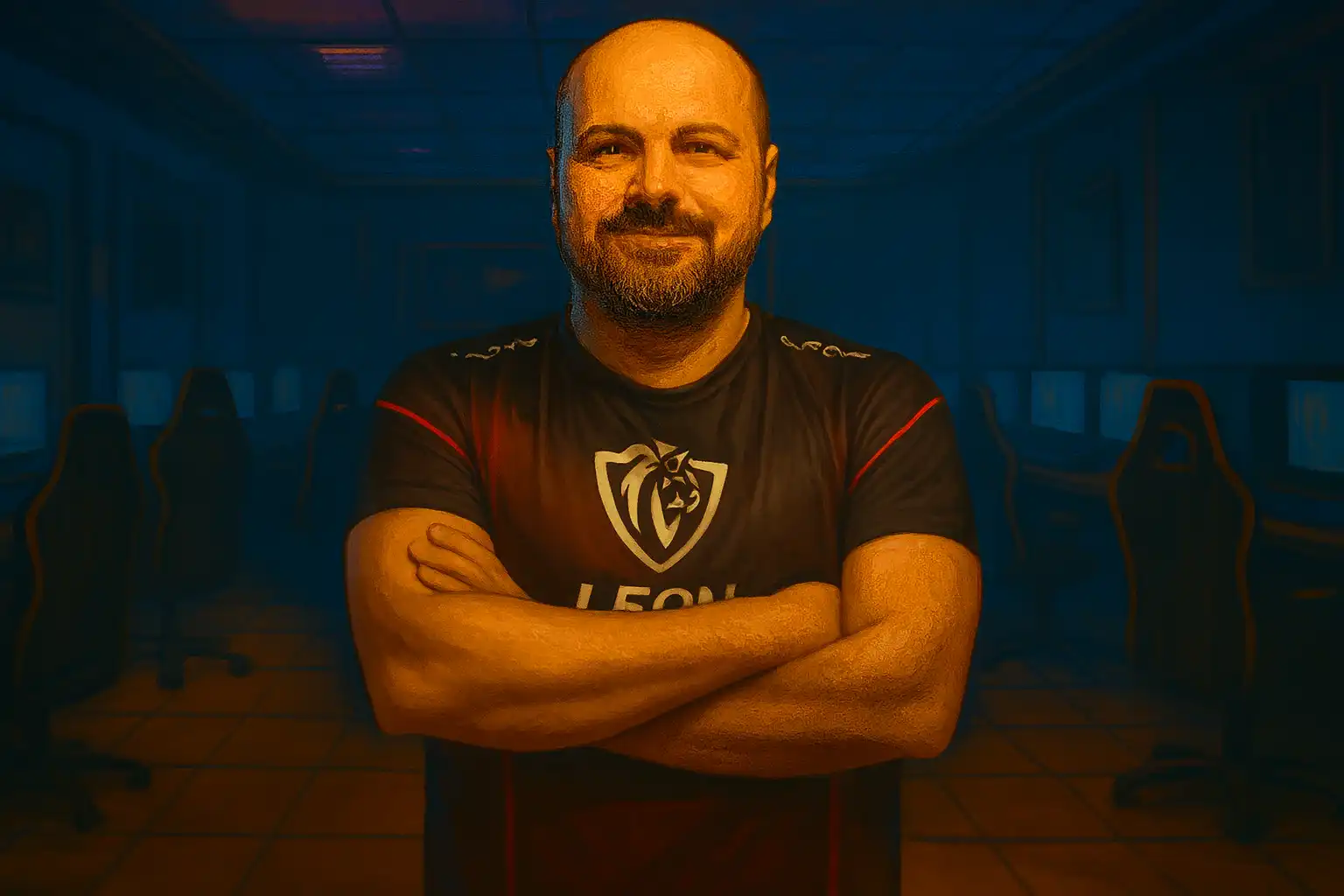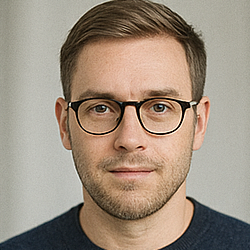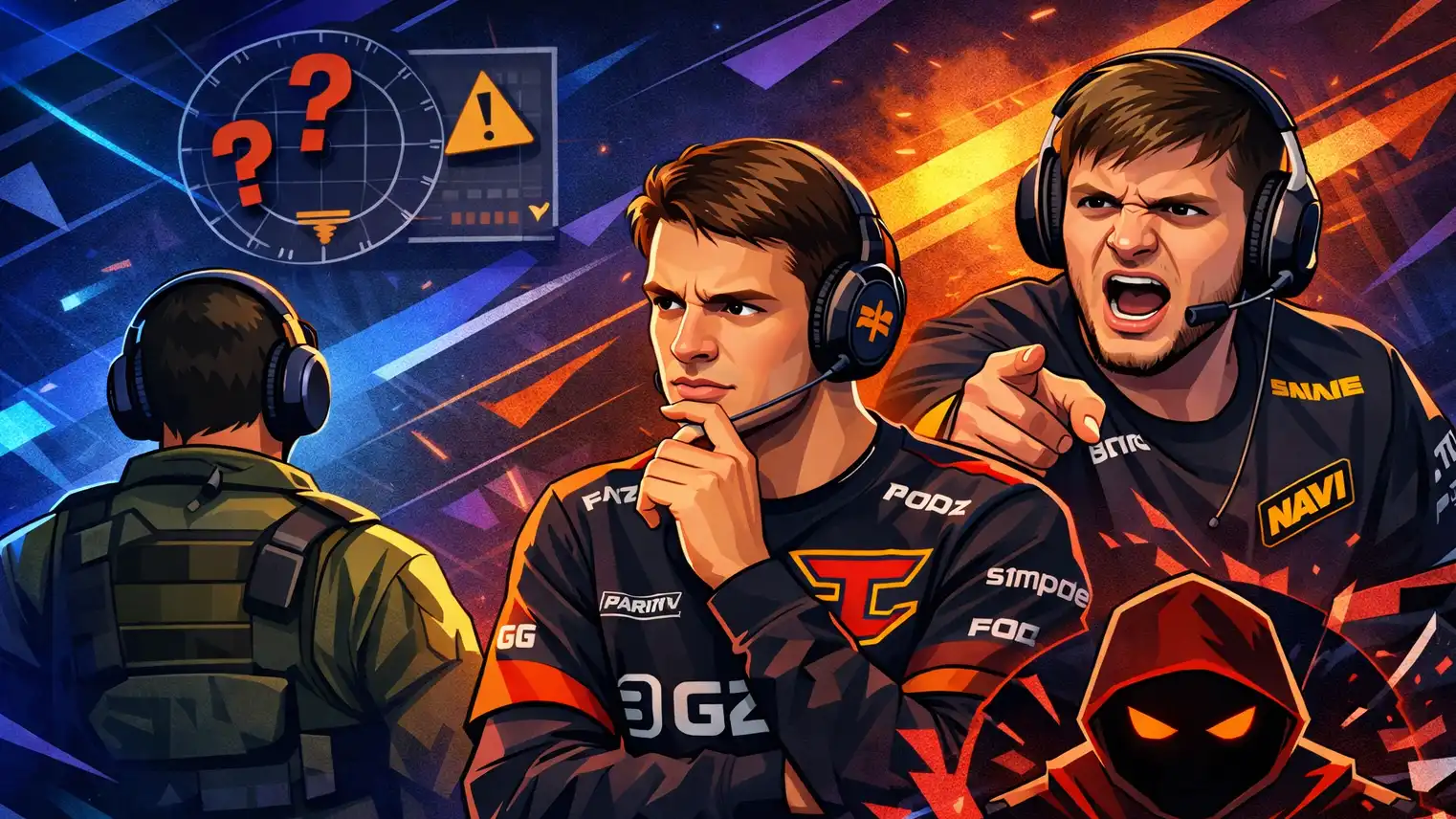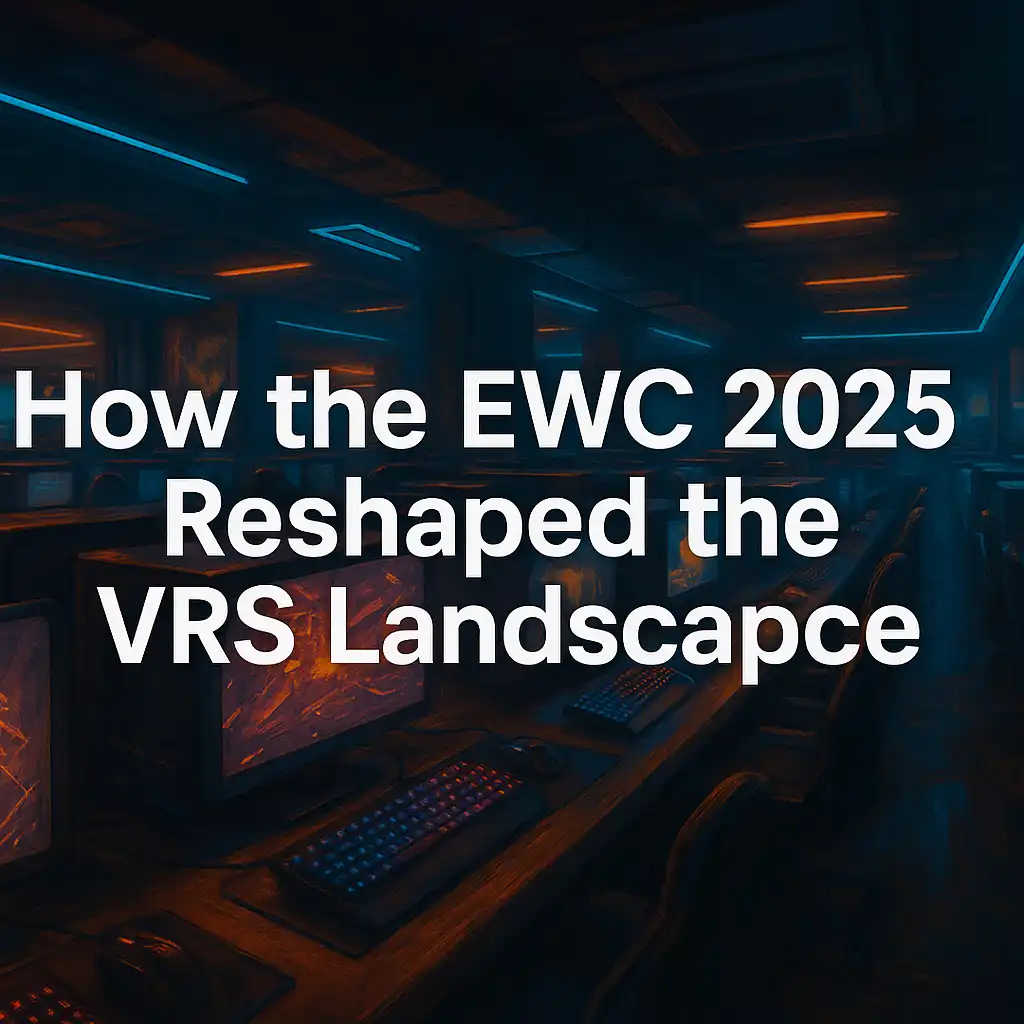Little questions “build-around-donk” narrative after Spirit’s BLAST London setback

Little questions “build-around-donk” narrative after Spirit’s BLAST London setback
Russian coach and analyst Anatoliy “LiTTle” Yashin reignited debate around Team Spirit’s roster philosophy after the team fell 1–2 to G2 Esports in the Group B lower-bracket final of the BLAST Open London 2025 closed qualifier. In a pointed post, LiTTle asked “where are all the people who said you can build a team around donk and it will always work?”, noting he had previously doubted the idea before Spirit’s dominant run earlier in the year—but now questioned it again in light of the G2 series.
What happened in London
Spirit’s path through the online group stage mixed highs and lows. They eliminated Liquid in the lower bracket—pushing Liquid closer to missing crucial invitations—before meeting G2 in a best-of-three where the winner advanced to the Wembley LAN playoffs. Spirit edged Mirage 13–11, but G2 leveled on Dust2 16–13 and then blew Spirit out 13–1 on Ancient, a lopsided decider that sealed Spirit’s exit from the event. The result meant G2 grabbed the final arena berth while Spirit missed the London LAN.
Why the loss fueled the “around donk” discussion
The conversation is notable because Danil “donk” Kryshkovets has been the face of Spirit’s rise. Since bursting onto tier-one in 2024, donk has piled up accolades at a rate rarely seen for a teenager: IEM Katowice 2024 champion and MVP; Perfect World Shanghai Major 2024 champion and record-setting Major MVP; HLTV Rookie of the Year 2024; and, most recently, IEM Cologne 2025 champion and MVP. With such a résumé, many pundits argued that centering Spirit’s system around donk’s space-taking rifling was a no-brainer.
But the London qualifier showed the downside when support structures break: Spirit’s play looked “disjointed” against G2, and the brutal 1–13 Ancient highlighted issues that transcend any single star’s form—mid-round coordination, rotations, and utility trading all wavered at once. That’s the precise scenario LiTTle referenced: if the framework sputters, “build-around-donk” can’t compensate by itself.
Context: a champion’s season with bumps
The stumble doesn’t erase Spirit’s elite status. In the last 18 months they’ve captured Katowice 2024, Shanghai Major 2024, and Cologne 2025—the trifecta that puts this roster among the modern era’s most decorated. donk’s Cologne MVP brought his HLTV MVP tally to nine by August 2025, while HLTV’s database still lists Spirit as a top-two squad worldwide.
Even donk himself has publicly framed what’s left to prove: beating Vitality head-to-head—long a measuring stick in 2025—would help cement Spirit as the world’s best beyond doubt. That self-assessment mirrors how elite teams judge themselves over a season rather than a single qualifier.
How we got to the London elimination
-
Lower bracket surge: Spirit ousted Liquid to set up the G2 decider for the final Wembley slot.
-
Decider vs. G2: Spirit won Mirage narrowly (13–11), lost Dust2 (13–16), then collapsed on Ancient (1–13). G2 moved on to the quarterfinals; Spirit’s run ended online.
-
Qualifier structure: The online groups sent group winners directly to semi-finals and 2nd/3rd to quarter-finals at the London LAN; Spirit’s loss meant no arena stage.
The bigger picture of “building around a star”
Analysts and fans have debated for months whether Spirit’s style enables donk or over-relies on him. Community threads note that while donk’s ceiling is unmatched, the team must maintain support roles, trading discipline, and mid-round calling to prevent opponents from targeting their star with tailored plans (double setups, counter-nade protocols, pace disruptions). When those layers falter—as on Ancient vs. G2—the whole edifice can wobble despite donk’s impact.
Why LiTTle’s comment matters
LiTTle’s post resonated because it came from a coach with years in CIS Counter-Strike, not a casual hot-take. He conceded he’d “been wrong for two months” while Spirit “beat everyone,” but argued London was a reminder that systems win championships. The point isn’t that building to highlight your superstar is bad; rather, redundancy—multiple win conditions and resilient protocols—must exist for bad-form days or targeted anti-strats.
Spirit’s standing, and what’s next
Despite the London exit, Spirit’s season remains elite. They still hold recent tier-one trophies and an MVP pipeline unmatched in CS2’s current era. The qualifier result likely stings more because Spirit had just completed their Cologne conquest—and because the Ancient scoreline was so severe—inviting louder scrutiny. Expect the team to review Ancient CT setups, T-side pathing, and how they insulate donk when teams hard-counter early space-takes.
Snapshot: Spirit & donk (verified milestones)
-
IEM Katowice 2024 — Champions; donk MVP with a record 1.70 Big-Event rating.
-
Perfect World Shanghai Major 2024 — Champions; donk becomes youngest & highest-rated Major MVP (1.49).
-
HLTV Awards 2024 — donk Rookie of the Year; later crowned Top 20 #1 (2024).
-
IEM Cologne 2025 — Champions; donk MVP again.
Bottom line: LiTTle’s critique isn’t a dismissal of donk or Spirit—it’s a timely reminder that even the most dominant star systems need robust, repeatable team mechanisms to withstand brutal qualifiers and opponents like G2 that arrive with sharp anti-strats. One bad series doesn’t rewrite Spirit’s season, but it does sharpen the questions they must answer before the next big arena.
I





